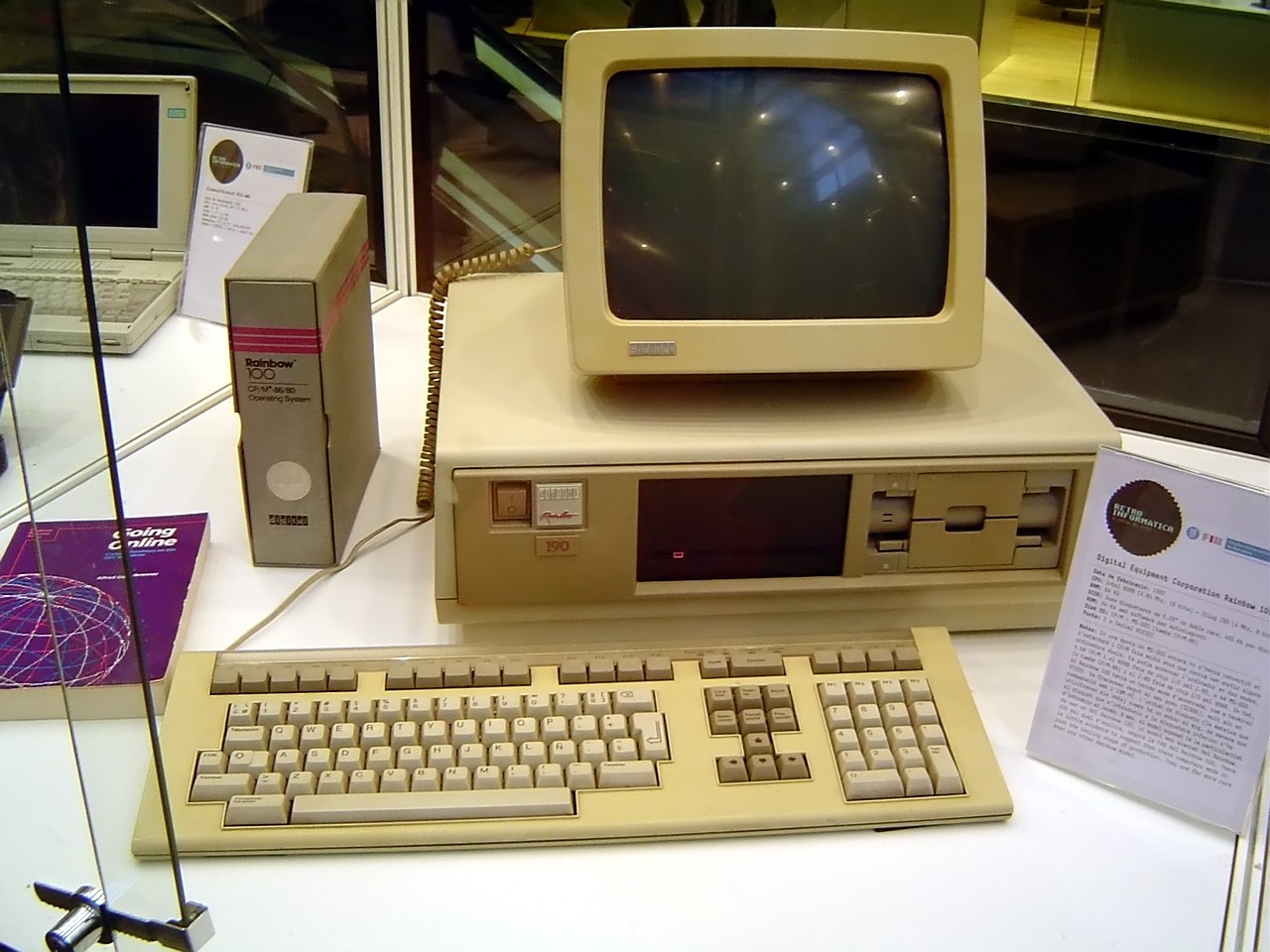Many people often find themselves wondering which operating system is best for their older computer: Linux or Windows. With the increasing popularity of Linux, it’s important to understand the key differences between these two options. In this article, we will explore the advantages and disadvantages of using Linux and Windows on an older computer, helping you make an informed decision.
1. System Requirements
One of the first things to consider when choosing between Linux and Windows for an older computer is the system requirements. Linux generally has lower hardware requirements compared to Windows, making it more suitable for older machines with limited resources. This means that Linux can run efficiently on a computer with older processors, less RAM, and smaller hard drives.
Read More: What are some disadvantages of using Linux for a home user?
Table 1: System Requirements for Linux and Windows on Older Computers
| Operating System | CPU | RAM | Hard Drive Space |
|---|---|---|---|
| Linux | Pentium 4 or equivalent | 512MB | 5GB |
| Windows | Celeron or equivalent | 1GB | 16GB |
2. Performance and Speed
When it comes to performance and speed, Linux often outperforms Windows on older computers. Linux operating systems are known for their lightweight nature and efficient resource management. They consume fewer system resources, resulting in faster boot times and smoother overall performance. On the other hand, Windows tends to be more resource-intensive, which can slow down older machines and cause delays in executing tasks.
Read More: What are some programs that run on Linux but not Windows?
3. Software Compatibility
One major consideration when choosing an operating system for an older computer is software compatibility. Windows is widely used and has a larger range of software available, including popular programs like Microsoft Office and Adobe Photoshop. However, many software applications are now being developed with cross-platform compatibility, meaning they can run on both Linux and Windows. Additionally, Linux has a vast and growing software library that includes alternatives to many popular Windows applications.
4. User Interface
The user interface can significantly impact the overall user experience. Windows offers a more familiar and user-friendly interface for the average user, with its iconic Start menu and taskbar design. Linux, on the other hand, provides a variety of desktop environments and window managers, allowing users to customize their experience and choose a layout that suits their preferences. While Linux offers greater flexibility, it may require a learning curve for users accustomed to the Windows interface.
Read More: Which is more secure: Windows XP or Linux?
5. Security and Stability
Security is a critical aspect to consider when selecting an operating system, especially for older computers that may not receive regular updates and security patches. Linux is known for its robust security features, making it less susceptible to viruses, malware, and other malicious attacks. Furthermore, Linux has a vibrant open-source community that actively develops and updates the software, ensuring ongoing security improvements. In contrast, Windows is a more popular target for hackers, making it necessary to invest in anti-virus software and regular updates to maintain security.
Conclusion
Choosing between Linux and Windows for an older computer depends on your specific needs and preferences. While Windows offers a familiar user interface and a broader range of software compatibility, Linux stands out with its lower system requirements, superior performance, and robust security features. If you have an older computer with limited resources, Linux might be an ideal choice. However, if you rely heavily on specific Windows-only software or prefer a more user-friendly interface, Windows may better suit your needs. Ultimately, the decision should be based on weighing the pros and cons and considering your intended use for the computer.
By understanding the differences between Linux and Windows for older computers, you can make an informed choice and optimize the performance of your aging device. Assess your priorities and consider your computer’s specifications to determine which operating system will provide the best experience and functionality for your needs. Whether you choose Linux or Windows, both options offer a wide range of software and tools that can enhance your computer usage and productivity.

Aleksandar Paunovski is a Computer Science student at New Bulgarian University. He has more than 20 years of experience with computer systems. Aleksandar knows PHP, JavaScript, C++, CSS, and HTML and is an expert on WordPress, computer security, Linux, Mac OS, Chrome OS, and Windows. When not busy making sites, Aleksandar loves to listen to 90’s music, walk in the park, and post on his blog.

[…] Read More: What are the differences between Linux and Windows for an older computer? […]